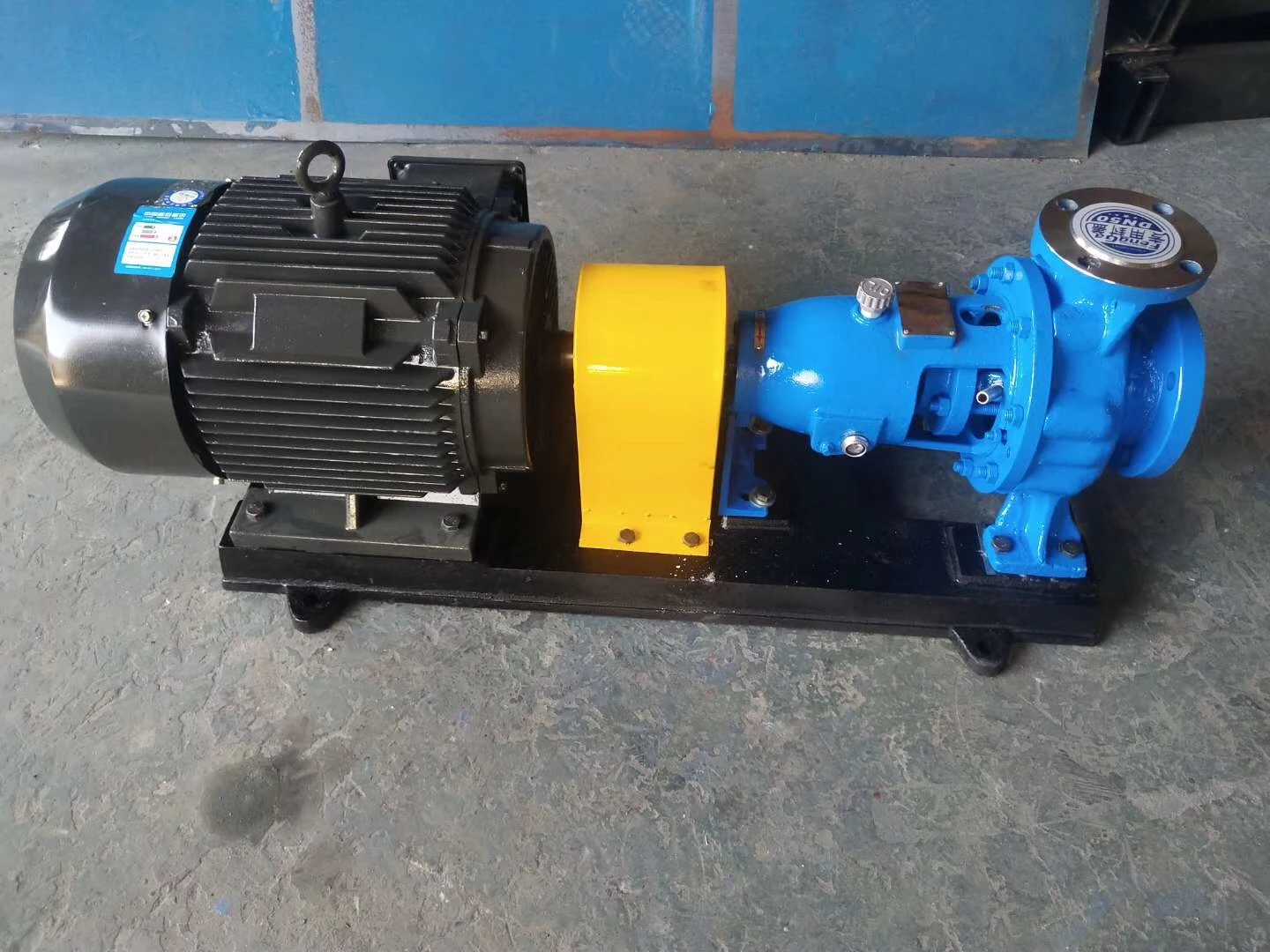Basque
- Afrikaans
- Albanian
- Amharic
- Arabic
- Armenian
- Azerbaijani
- Basque
- Belarusian
- Bengali
- Bosnian
- Bulgarian
- Catalan
- Cebuano
- Corsican
- Croatian
- Czech
- Danish
- Dutch
- English
- Esperanto
- Estonian
- Finnish
- French
- Frisian
- Galician
- Georgian
- German
- Greek
- Gujarati
- Haitian Creole
- hausa
- hawaiian
- Hebrew
- Hindi
- Miao
- Hungarian
- Icelandic
- igbo
- Indonesian
- irish
- Italian
- Japanese
- Javanese
- Kannada
- kazakh
- Khmer
- Rwandese
- Korean
- Kurdish
- Kyrgyz
- Lao
- Latin
- Latvian
- Lithuanian
- Luxembourgish
- Macedonian
- Malgashi
- Malay
- Malayalam
- Maltese
- Maori
- Marathi
- Mongolian
- Myanmar
- Nepali
- Norwegian
- Norwegian
- Occitan
- Pashto
- Persian
- Polish
- Portuguese
- Punjabi
- Romanian
- Russian
- Samoan
- Scottish Gaelic
- Serbian
- Sesotho
- Shona
- Sindhi
- Sinhala
- Slovak
- Slovenian
- Somali
- Spanish
- Sundanese
- Swahili
- Swedish
- Tagalog
- Tajik
- Tamil
- Tatar
- Telugu
- Thai
- Turkish
- Turkmen
- Ukrainian
- Urdu
- Uighur
- Uzbek
- Vietnamese
- Welsh
- Bantu
- Yiddish
- Yoruba
- Zulu
Telephone: +86 13120555503
Email: frank@cypump.com
Abe . 01, 2024 11:08 Back to list
'hydraulic pump for slurry tanker operation'
Hydraulic Pump for Slurry Tanker Operation
In the realm of modern agriculture, particularly in the management of waste and fertilizer application, the need for efficient and reliable pumping systems is paramount. Among the various technologies available, hydraulic pumps stand out as a cornerstone for slurry tanker operations. These pumps play a critical role in enhancing the efficiency of transporting slurry—a mixture of liquids and solids—thus facilitating better agricultural practices and environmental management.
The Importance of Slurry Tankers
Slurry tankers serve a vital function in the agricultural sector, primarily designed to transport and apply slurry, which is often the byproduct of livestock waste. The use of slurry as fertilizer not only recycles nutrients back into the soil but also reduces dependence on chemical fertilizers, promoting sustainable farming practices. As regulations surrounding waste management become stricter, the effectiveness of slurry tankers becomes even more crucial to ensure compliance and environmental protection.
Role of Hydraulic Pumps
At the heart of any slurry tanker is the hydraulic pump. These pumps are specifically designed to handle the unique challenges posed by transporting slurry. Unlike water, slurry has a much higher viscosity and can contain solid particles that can clog standard pumps. Hydraulic pumps are engineered to effectively manage this viscosity and handle solid content without compromising performance.
Hydraulic pumps operate using pressurized hydraulic fluid, often resulting in higher efficiency when compared to mechanical pumps. Their ability to generate high pressure allows them to move slurry over long distances and through varying elevations, which is essential when dealing with large farms or hilly terrains.
Types of Hydraulic Pumps
There are several types of hydraulic pumps used in slurry tanker operations, each with its specific applications and benefits. The most common types include
1. Gear Pumps These pumps use gears to move the slurry and are known for their simplicity and reliability. They are particularly effective for low to moderate flow rates.
2. Vane Pumps Using a series of vanes within a rotating mechanism, vane pumps can handle varying flow rates and are good for applications where a constant flow is necessary.
'hydraulic pump for slurry tanker operation'

3. Piston Pumps These pumps are ideal for high-pressure applications. They can efficiently transport slurry across substantial distances, making them suitable for large-scale operations.
Advantages of Hydraulic Pumps
The advantages of using hydraulic pumps in slurry tanker operations are manifold
- Efficiency Hydraulic pumps provide a high level of efficiency in transporting slurry, minimizing energy consumption and maximizing output.
- Versatility They can handle a variety of slurry types, including those with high solids content, making them suitable for diverse agricultural practices.
- Durability Constructed to withstand harsh conditions and abrasive materials, hydraulic pumps have a longer lifespan compared to other types of pumps.
- Ease of Maintenance Many hydraulic pumps are designed with easy access for maintenance, reducing downtime and ensuring continuous operation.
Challenges in Operation
While hydraulic pumps offer many advantages, operators must also be mindful of certain challenges. For instance, selecting the appropriate pump size is crucial; an undersized pump may struggle to move the slurry efficiently, while an oversized pump could lead to increased operational costs. Additionally, proper maintenance is essential to prevent common issues such as leaks or wear and tear.
Conclusion
The functionality of hydraulic pumps is indispensable in slurry tanker operations within the agricultural sector. Their ability to effectively manage the complexities of slurry transport not only sustains productivity but also supports environmentally friendly farming methods. As technology continues to evolve, the development and refinement of hydraulic pumps will undoubtedly play a critical role in advancing agricultural practices. With the combination of efficiency, durability, and versatility, hydraulic pumps stand at the forefront of modern slurry management, paving the way for a more sustainable agricultural future.
-
Reliable Non-Clog Sewage Pumps with GPT-4-Turbo Tech
NewsAug.04,2025
-
High-Performance Air Pumps for Sand & Gravel | Efficient Transport
NewsAug.03,2025
-
ISG Series Vertical Pipeline Pump - Chi Yuan Pumps Co., LTD.|Energy Efficiency, Corrosion Resistance
NewsAug.03,2025
-
ISG Series Pipeline Pump - Chi Yuan Pumps | Energy Efficiency&Compact Design
NewsAug.03,2025
-
ISG Series Vertical Pipeline Pump - Chi Yuan Pumps Co., LTD.|High Efficiency, Low Noise, Durable
NewsAug.02,2025
-
ISG Series Vertical Pipeline Pump - Chi Yuan Pumps | High Efficiency, Low Noise
NewsAug.02,2025










